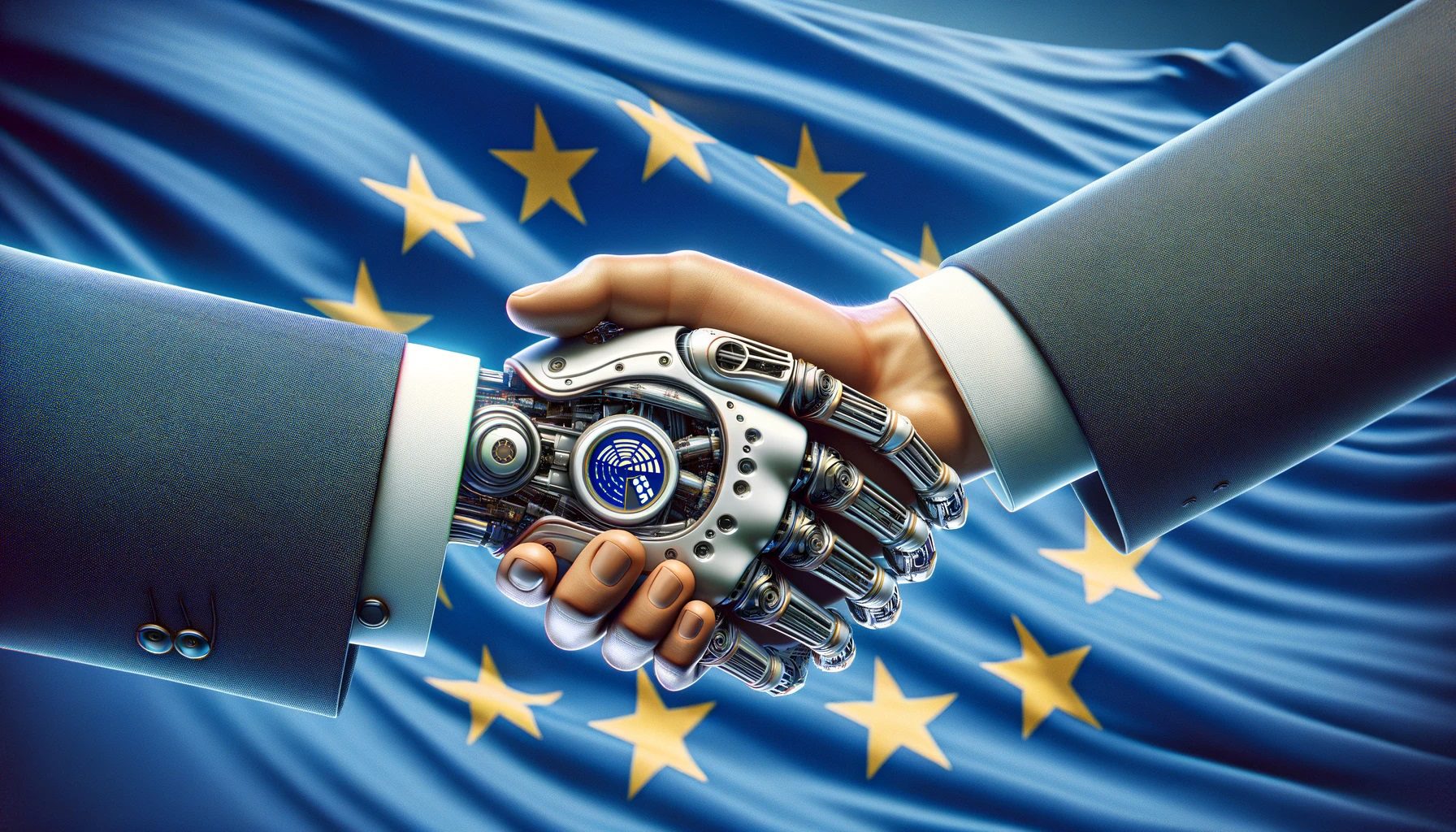After three days of negotiations, the European Union has reached an agreement on regulating artificial intelligence (AI). This groundbreaking legislation is necessary to limit the biggest threats of AI and stimulate innovation.
The rapid development of AI requires clear legislation. The issue has been on the table in the European Parliament for months. After three days of negotiations between member states of the European Parliament, an agreement was reached on the regulation of artificial intelligence. With these rules, the EU will be the first place in the world with clear AI laws.
The AI law has been a topic of discussion for a long time
AI is evolving so quickly that it has always lagged behind. Therefore, there is great concern about these rapidly growing AI developments. The AI legislation has been in the works for more than two years, but an agreement has not yet been reached.
After another meeting of the European Parliament, an agreement was reached in Brussels on December 8th.
AI categories
The interpretation of this new legislation is based on categories. These are assigned based on how risky a particular AI application is. For example, simple spam filters or AI systems that give users tips are considered “minimal risk”.
AI systems used in the areas of justice, health, biometrics and water or energy management, on the other hand, fall under “high risk” and are therefore subject to stricter rules. Additionally, systems that manipulate human behavior are considered “unacceptable risk.”
Finally, there is a final category: “transparency risk”. Users need to be notified when they come into contact with AI. These include, for example, chatbots and deep fakes. The latter are AI-fake videos of existing people that look very realistic.
Violations are punished with a high fine
Violating these AI rules has serious consequences. The fines amount to a maximum of 35 million euros or 7 percent of global sales. This depends on the type of violation and the size of the company. It is estimated that the rules will come into force sometime in 2026.














